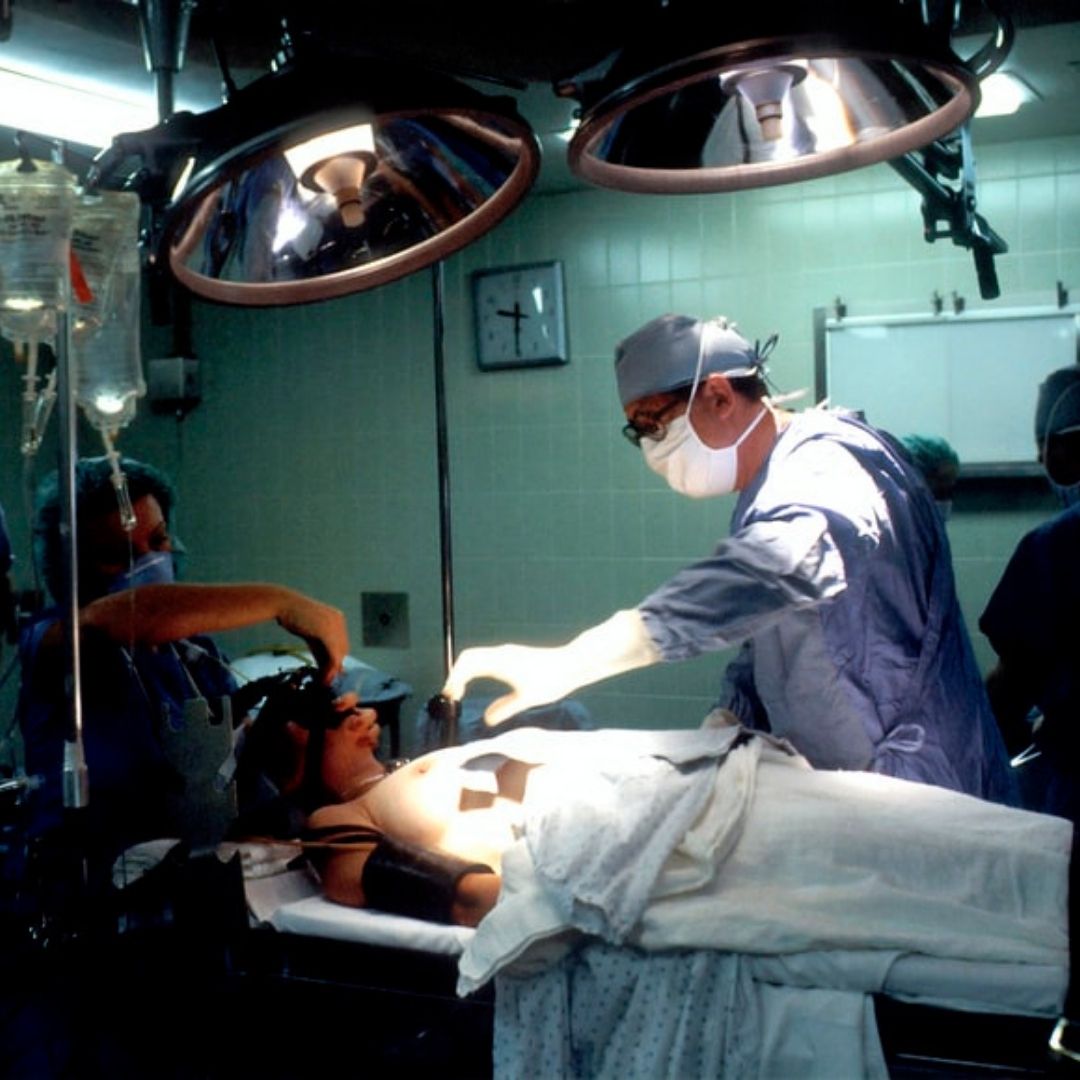
Image Credits: Unsplash
India Likely To Witness Over 1 Lakh Excess Cancer Deaths In Next 5 Years: Study
Writer: Tashafi Nazir
For most people, journalism sounds hectic and chaotic. For her, it's a passion she has been chasing for years. With an extensive media background, Tashafi believes in putting efforts on presenting a simple incident in the most interesting way.
India, 27 Dec 2021 10:22 AM GMT
Editor : Palak Agrawal |
Palak a journalism graduate believes in simplifying the complicated and writing about the extraordinary lives of ordinary people. She calls herself a " hodophile" or in layman words- a person who loves to travel.
Creatives : Tashafi Nazir
For most people, journalism sounds hectic and chaotic. For her, it's a passion she has been chasing for years. With an extensive media background, Tashafi believes in putting efforts on presenting a simple incident in the most interesting way.
According to a Lancet Oncology study, the devastating second wave of the COVID-19 pandemic had severely affected cancer treatment. The research said that it has resulted in 83,600 to 1,11,500 missed diagnoses, resulting in a possibility of worsening of the disease in the next two years.
COVID-19 pandemic has disrupted healthcare systems, raising concerns about its impact on the diagnosis and treatment of non-COVID diseases. As per recently released data, the virus outbreak has had a considerable impact on India's delivery of oncology services.
The long-term effect of cancer screening cessation and delayed hospital visits on cancer stage migration and outcomes was likely substantial.
A survey of 155 countries by the World Health Organisation (WHO) found that 42 per cent of countries had disruption of services for cancer prevention and treatment, the degree of disruption was proportional to the extent of the COVID-19 pandemic in that country.
Now, a new study has revealed that the decline in the country's cancer care services due to the ongoing pandemic will have dire consequences.
According to a Lancet Oncology study, India could witness 98,650- 1,31,500 excess cancer-related deaths in the next five years.
COVID-19 Effect On Cancer Treatment
The devastating second wave of the COVID-19 pandemic hit the country hard and severely affected cancer treatment. The research said that it has resulted in 83,600 to 1,11,500 missed diagnoses, resulting in worsening of the disease in the next two years.
The study, which scientists carried out as part of the National Cancer Grid of India, found that cancer management during the COVID-19 pandemic was impacted mainly and most of the population had inadequate access to cancer care.
- Nearly 69 per cent of the centres had stopped or reduced cancer screening activities during March-May 2020 compared with the same time in 2019, according to Business Today.
- Cancer research also dipped by 69 per cent, and educational activities continued in just 56 per cent of the centres.
- Nearly 88 per cent of the centres gave data on staff sparing strategies and teleconsultations or video consultations to help reduce outpatient services.
- Moreover, nearly 69 per cent of the centres reported a decrease in hospital income between April and May 2020 while 85 per cent of charitable hospitals and 75 per cent of private hospitals reported a decline in hospital income, as per the research.
The study was conducted at 41 cancer centres across India which are members of the National Cancer Grid of India.
Decline In The Number Of Patients
Last year between March 1 and May 31, there was a substantial decline in patient numbers across all cancer care services in the country compared to 2019.
- New patient registrations dipped by 54 per cent.
- From April to May 2020, total outpatient visits and surgeries were reduced by over 60 per cent.
- As per the study, reduction in patients accessing oncology services was higher in tier 1 cities than in tier 3 cities, with 50–75 per cent reductions observed in almost all services provided in cancer centres in tier 1 cities between April 1 and May 31, 2020.
More than 1.3 million new patients are diagnosed with cancer in India, and more than 8,50,000 patients succumb to the disease every year. Cancer contributes to 8 per cent of deaths among adults, with the mortality to incidence ratio for cancer higher in India than in other high-income countries.
The COVID-19 pandemic exposed vulnerabilities and adversely impacted cancer care.
Increased Mortality Rate
Delays in cancer treatment are known to have a severe effect on cancer outcomes, every month's delay in accessing or starting treatment results in a 6–8 per cent increased death rate for patients requiring surgery, the report said.
It substantially increased mortality in those patients requiring radiotherapy and chemotherapy for specific indications.
"Poor access to palliative care and opioids, which existed even before the COVID, has been exacerbated in the last year and a half," the study said.
One of the least recognised fallouts of the pandemic was on medical training, which will likely compromise the outcome of cancer care in the future.
Most hospitals in India cut down training schedules due to time constraints and ensure social distancing. With some cancer centres being turned into COVID-19 facilities, trainees have had considerably reduced exposure to cancer management, the report revealed.
In addition, clinical cancer research, biomedical research, and funding were reduced considerably during the pandemic due to the halting of clinical trials, research facility lockdowns, and the urgent essential diversion of funds to COVID-19-related research.
Also Read: India To Soon Roll Out World's First DNA Vaccine For COVID-19: PM Modi
 All section
All section














